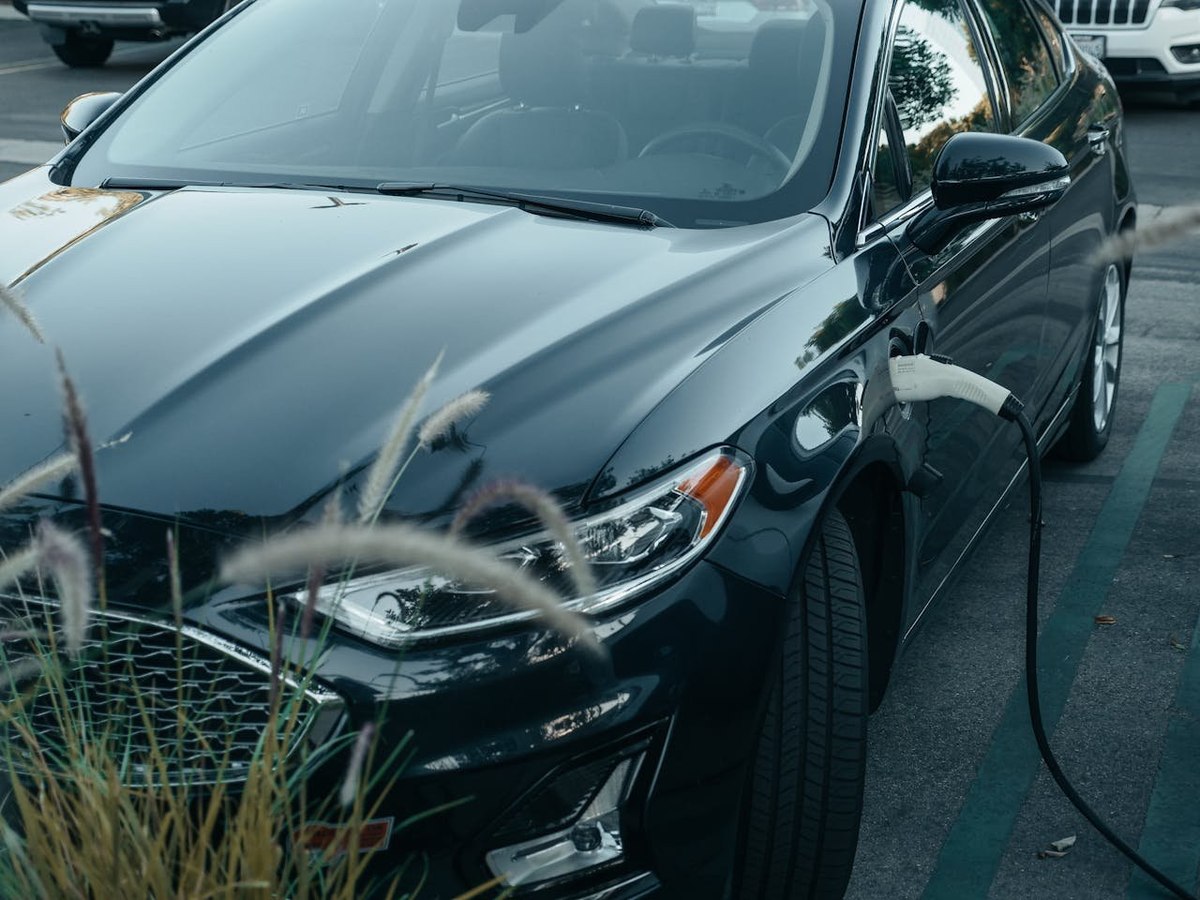
Barriers to EV Adoption: A reality check for the industry
The EV industry is undergoing a reality check as adoption progresses slower than expected. Automakers like Toyota and Volvo have recently announced decisions to scale back their EV production plans, reflecting tempered optimism.
In the UK, the picture is mixed. The Society of Motor Manufacturers and Traders (SMMT) reported a record 56,300 electric cars sold in September, but EVs still accounted for only 20.5% of total vehicle sales. Automakers remain concerned about meeting the UK’s Zero Emission Vehicle mandate, which seeks to phase out new petrol and diesel car sales by 2030.
YouGov Profiles data shows that just under a quarter of prospective car buyers over the next 12 months are considering EVs (23%), compared to 70% who still favour petrol-powered vehicles.
The biggest barrier remains cost, with 54% of non-EV considering potential car buyers citing the high upfront price as a deterrent, despite manufacturers reportedly offering steep discounts on EVs. According to The Guardian, SMMT’s chief executive has said that the “the cost of that compliance (with the ZEV mandate) is astronomical and is unsustainable” on account of what his organisation describes as “unprecedented manufacturer discounting”. Curiously, EV hesitant high-income Brits are even more likely than average to see the upfront cost as a deterrent (60%).
But costs aren’t the only factor hindering a higher rate of adoption.
A lack of charging stations discourages 44% of these consumers, with the figure peaking at 49% for high-income groups. Those in the middle-income bracket are most put off by the hassle of charging (47% vs 32% of low-income Brits and 43% high-income Brits).
Other charging related issues like charging time (42%) and lack of capacity/space to charge a vehicle at home (34%) also dents EV appeal.
Environmental concerns around lithium mining and battery disposal deter 17% of these consumers. Issues related to performance (11%), and limited model availability (21%) also play roles in holding back demand.
Among lower-income Brits, a confusion around financial benefits and tax breaks can be a bigger deterrent than among other groups (17% vs 11% of all Brits). They are also twice as likely as Brits from the two other income brackets to cite the silence of engines as a drawback (13%).
Methodology: YouGov Profiles is based on continuously collected data and rolling surveys, rather than from a single limited questionnaire. Profiles data is nationally representative and weighted by age, gender, education, region, and race. Learn more about Profiles.
Image Credit: Kindel Media on Pexels